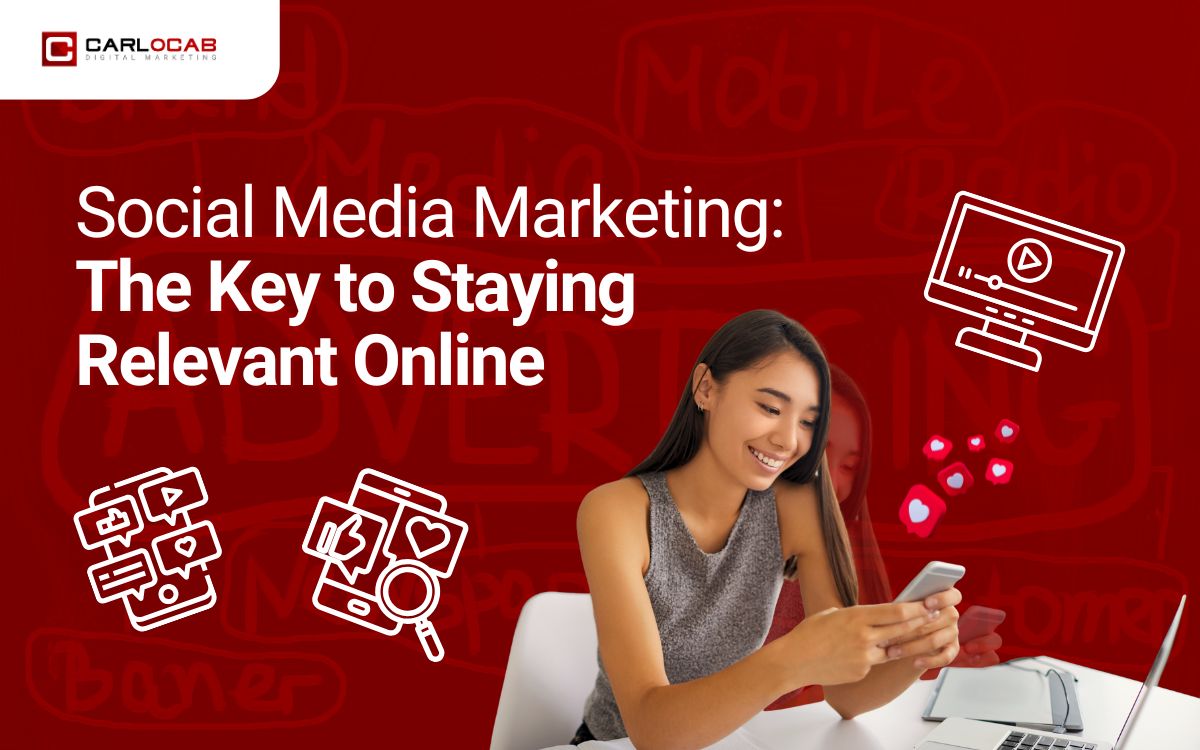This article is guest posted by Joel of BadPal.org. I recommend you take time reading this…
If you’ve been using PayPal for a while, you’ve probably come accross a number of “PayPal horror stories” by PayPal users who got “back stabbed” by PayPal’s poor seller protection, and customer support. This has caused websites like AboutPayPal.org, PayPalWarning.com, and PayPalSucks.com to emerge.
By reading a couple of them, you will quickly realize that most of these stories include sellers being scammed by buyers, etc. and how PayPal fails to provide any time of support.
You might be a happy PayPal user right now, but it can happen to you. Here are a few tips that should help you use PayPal safely, and keep your chances of getting back stabbed at a minimum:
Be honest
When you sign up for a PayPal account, make sure all the information is 100% correct.
If you ever have to deal with a PayPal problem, they will probably require you to fax them a couple of official documents that are supposed to verify that you are you.
They usually ask for your ID, passport, bank statements, driver’s license, or even copies of your last utility bills.
If for any reason, there is something wrong, PayPal isn’t going to help you out. Not that they would otherwise either…
Don’t deal with unverified members
Unless it’s for low amounts of money, avoid dealing with unverified members. Even though this rule is a given (most scammers are unverified), PayPal may take over your account just because they “feel” that you’ve dealt with someone who “might” be suspicious.
Avoid dealing with unverified members from questionable countries.
You should also avoid dealing with unverified members from questionable countries. I don’t have a list per se, but I understand that PayPal keeps an eye on countries from Asia and the middle east. This is a shame, really, because I know some very respectable people from there 🙁
But the truth is that is in those regions where most of the scammers operate, so you should keep an eye on who you’re dealing with.
Avoid unusually large transactions.
While small transactions like a couple of bucks to a few hundred dollars, or maybe even a thousand might slip under PayPal’s high security measures, large transactions tend to alarm PayPal. This frequently results in the funds being frozen until PayPal verifies it’s not fraudulent (and you’ve seen how inefficient PayPal is when it comes to fraud detection). If you must send or receive large amounts of money, consider using XOOM, or dividing the transaction in 2/4/etc.
Do not apply for a Business account if you do not have a registered business.
This is how it works:
- Personal accounts are for individuals who mainly use PayPal to purchase online, and receive money casually.
- Premier accounts are for individuals who buy AND sell online.
- Business accounts are for those who mainly use PayPal to sell online, and maybe buy as well.
I think it’s pretty clear, but let me tell you something. If you sell online, a Business account might be very attractive. It’s “fancy”: you buy and sell under your own business name, your clients or customers see that you are a business, it improves trust, etc.
But, if you do not have a registered business, with a business bank account, you should not open a Business account. Technically, you can open a business account, but you shouldn’t. This is why:
I used to have a business account, and it was awesome because of all the benefits it had. But then, reading a couple of “horror stories” I realized something: when there’s an issue, PayPal frequently requests documents like driver’s license, and utility bills as mentioned above.
I figured that if you have a business account, they will ask for your business papers, and related documents. And if you don’t have them, you’ve got a problem. I immediately created a premier account, transferred my money to it, and closed the business account.
So, if you don’t have a registered business, avoid problems and go for a Premier account.
Don’t open 2 accounts, unless…
You should not open 2 accounts. There is a relatively low chance that PayPal will find out if you do not have any problems, but should problems arise, PayPal might find this out and close your account.
However, you are allowed to have more than one account if:
- You want a Personal account for yourself and a Premier/Business account for your business. Remember each should have different addresses, e-mails, bank account details, and credit/debit cards.
- You moved. If you moved countries, then it’s OK to open a new PayPal account for your new country of residence because PayPal does not allow you to change your country. However, you should delete your old account for security purposes.
Keep your account balance at a minimum, withdraw as much as possible.
This is pretty much common sense, but it should be mentioned nonetheless. Always keep your PayPal balance at a minimum, and withdraw your money ASAP. I’ve seen people keep up to $16,000 (true story!) on their PayPal account. Now imagine if their account gets seized!
I personally try to keep my balance at around $100 for my purchases, and I withdraw as soon as my balance reaches $200-$300.
Those are just some of the tips and tricks on how to avoid getting scammed through or by PayPal. To read the full guide, head out to BadPal.org, where you will learn everything you need to know about the subject!



